
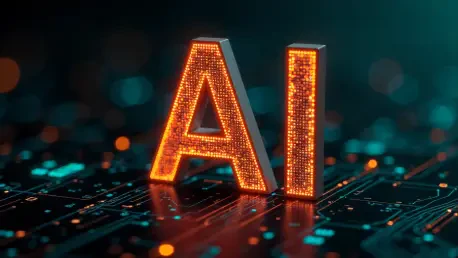
Setting the Stage for Kubernetes Innovation Imagine a world where over 70% of enterprises struggle with the operational intricacies of managing containerized applications, leading to costly downtime and frustrated development teams, a reality for many organizations adopting Kubernetes. As the
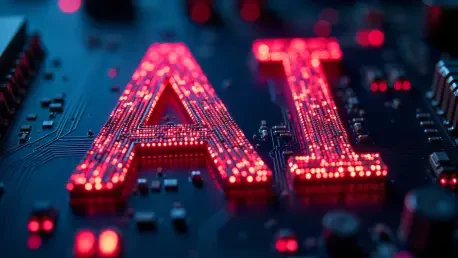
Introduction to a Data-Driven Revolution In an era where enterprises generate and process data at an unprecedented scale, the integration of artificial intelligence (AI) into workflows has become a cornerstone of operational efficiency. Imagine a scenario where a multinational corporation struggles

Imagine a global financial institution struggling to harness decades of transactional data locked within its IBM Z mainframe, unable to feed this invaluable information into modern AI models or cloud-based analytics platforms, a scenario that is far from unique. Countless organizations grapple with
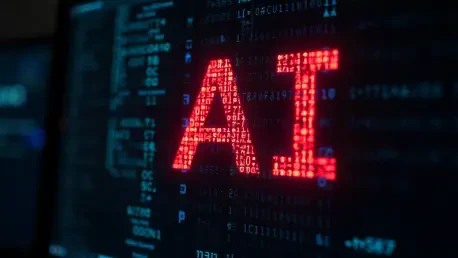
The Current Landscape of AI and ML in Educational Assessments Imagine a classroom where every student receives a test uniquely tailored to their learning pace, with results analyzed and returned almost instantly, transforming the educational experience. This scenario is no longer a distant dream

Imagine a world where digital transactions surge past 2,800 billion annually, and a single glitch in a payment system could cost millions in losses and erode customer trust overnight, presenting an urgent challenge for financial institutions. This is the reality financial institutions and payment
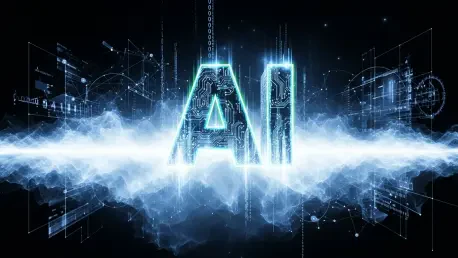
What does it take for a legacy tech giant, once tethered to traditional software, to challenge the behemoths of cloud computing? Oracle, a name long associated with on-premises database systems, has stunned the industry by emerging as a serious player in a space ruled by titans like Amazon Web
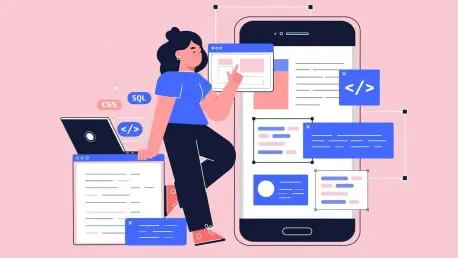
The Rise of Dubai as a Mobile App Development Hub In the heart of the Middle East, Dubai has emerged as a dynamic epicenter for mobile app development, captivating global attention with its staggering growth, and the city, once known primarily for its towering skyscrapers and luxury markets, now
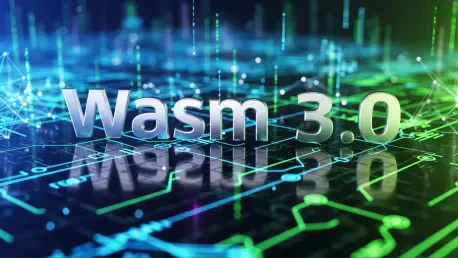
Have you ever noticed how web applications sometimes lag behind native software in speed and power, struggling to handle the demands of modern gaming or AI tools right in the browser? Picture a world where these barriers crumble, allowing developers to craft web experiences that rival desktop
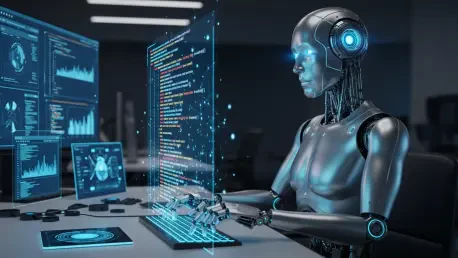
Today, we’re thrilled to sit down with Anand Naidu, our resident development expert with a wealth of experience in both frontend and backend technologies. Anand brings a unique perspective on the evolving role of AI in software engineering, offering deep insights into various coding languages and
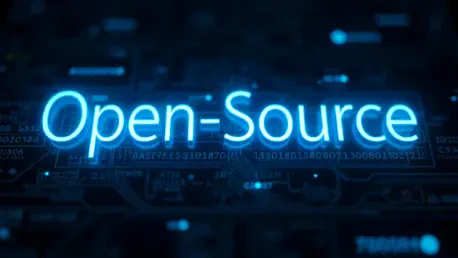
The Backbone of Modern Tech: Understanding Open Source Infrastructure Imagine a world where the digital tools powering smartphones, websites, and enterprise systems suddenly vanish—such a scenario underscores the invisible yet indispensable role of open source software in today’s technology
ITCurated uses cookies to personalize your experience on our website. By continuing to use this site, you agree to our Cookie Policy